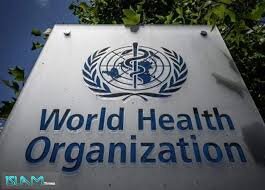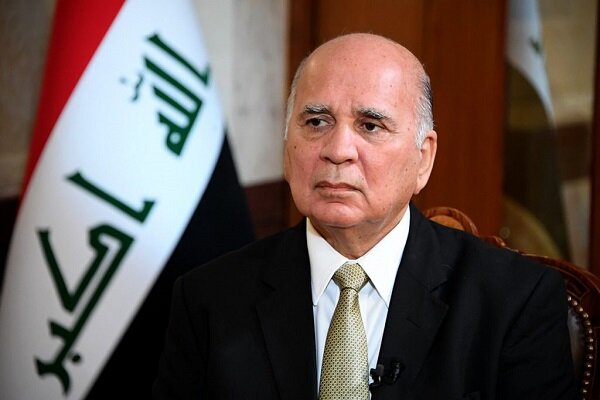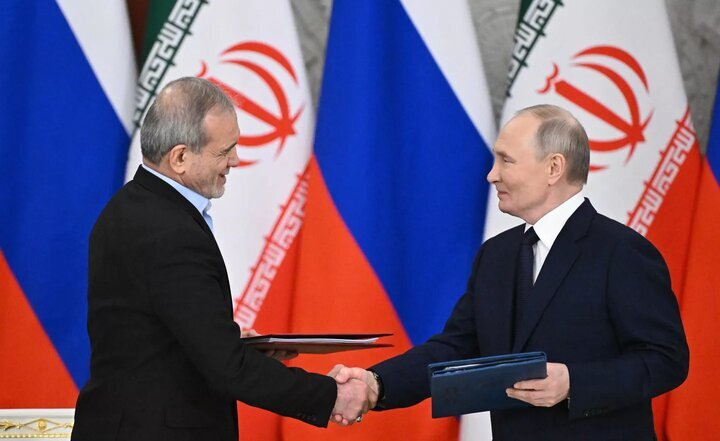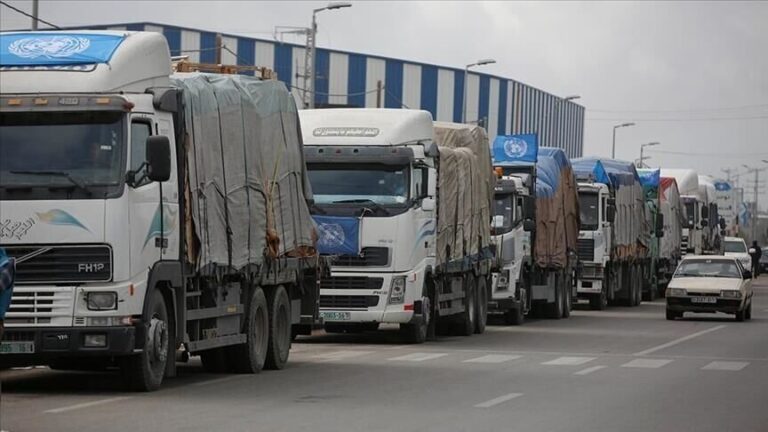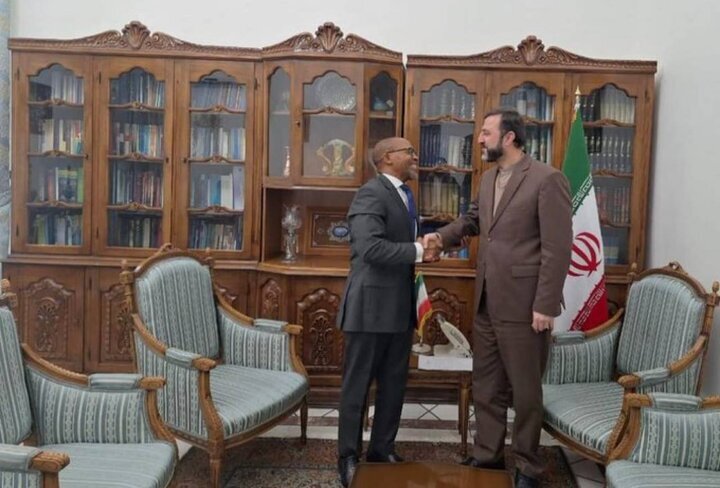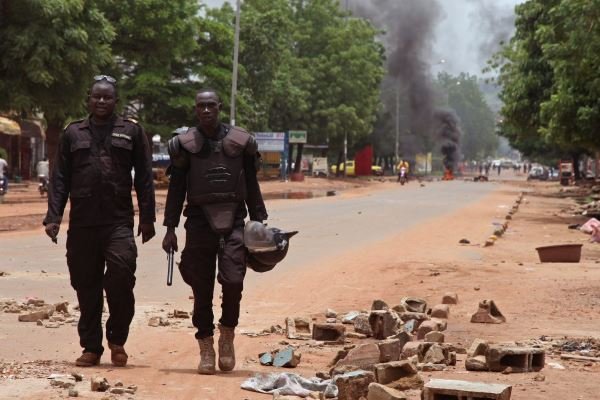WHO Prepares for a Future Beyond US Influence: Global Health Strategies in Focus
In a significant gathering this week, hundreds of officials from the World Health Organization (WHO) will converge in Geneva to address pressing global health crises, including mpox and cholera, amidst challenges posed by a notable absence of funding from the United States. This annual assembly, which typically highlights the extensive efforts of the UN agency to combat disease outbreaks and improve health systems worldwide, is facing a pivotal moment in its history.
The backdrop of this year’s assembly is particularly striking, as it marks a time when the WHO is navigating the implications of the U.S. withdrawal initiated by former President Donald Trump. This departure commenced with an executive order on the very first day of his presidency in January, leading to a predominant theme of scaling down operations.
As officials gather for a week filled with sessions, votes, and policy deliberations, the discussions will center on the essential aspects of WHO’s mission. Daniel Thornton, the WHO’s director of coordinated resource mobilization, emphasized the need to concentrate on what he termed “high-value stuff.” This concept raises questions about the specific priorities that will guide the organization moving forward.
Key areas likely to remain in focus include:
- Vaccine development: WHO’s role in providing guidelines for new vaccines is critical, especially in light of emerging health threats.
- Treatment protocols: Establishing treatment frameworks for various conditions, ranging from obesity to HIV, will continue to be a priority.
- Health system support: Strengthening health infrastructure worldwide remains vital to managing and preventing outbreaks.
Despite the absence of U.S. funding, WHO officials are determined to maintain their commitment to global health initiatives. The challenges posed by ongoing health crises underscore the importance of international collaboration and resource allocation. The assembly will explore innovative funding solutions and partnerships to sustain the organization’s mission and enhance its impact.
In light of these developments, the WHO’s agenda will also likely include discussions on:
- Global health equity: Ensuring equitable access to healthcare services and resources for all nations.
- Preparedness for future pandemics: Learning from recent experiences to bolster readiness for potential outbreaks.
- Collaboration with non-state actors: Engaging with private sector partners and NGOs for resource mobilization and expertise.
The assembly serves as a crucial platform for member states and stakeholders to reaffirm their commitment to global health. With the ongoing challenges of infectious diseases and health disparities, the emphasis on effective resource mobilization and strategic prioritization is more critical than ever.
As discussions unfold, WHO officials will likely engage in dialogues about the necessity of fostering resilience within health systems worldwide. This includes the importance of adaptive strategies to respond to emerging health threats, thereby ensuring that the organization remains responsive to the needs of member states.
Furthermore, the assembly will address the impact of political decisions on global health initiatives. The absence of U.S. funding may necessitate a reevaluation of partnerships and the exploration of alternative funding avenues. WHO will need to leverage its global network to continue to advocate for public health and secure necessary resources for its programs.
In conclusion, the upcoming WHO assembly in Geneva represents a critical juncture for global health governance. As officials gather to discuss pressing health crises, the focus will be on resilience, prioritization, and the pursuit of innovative solutions to ensure the continued effectiveness of the organization. The discussions this week will not only shape the future of WHO but also influence the global health landscape in the years to come.
In summary, the key takeaways from this assembly will be centered around:
- Prioritizing high-value health initiatives
- Maintaining a focus on vaccine and treatment guidelines
- Exploring new funding mechanisms in the wake of U.S. withdrawal
The outcome of these discussions will be vital in determining how the WHO navigates the complex health challenges that lie ahead, reaffirming its role as a leader in global health.
